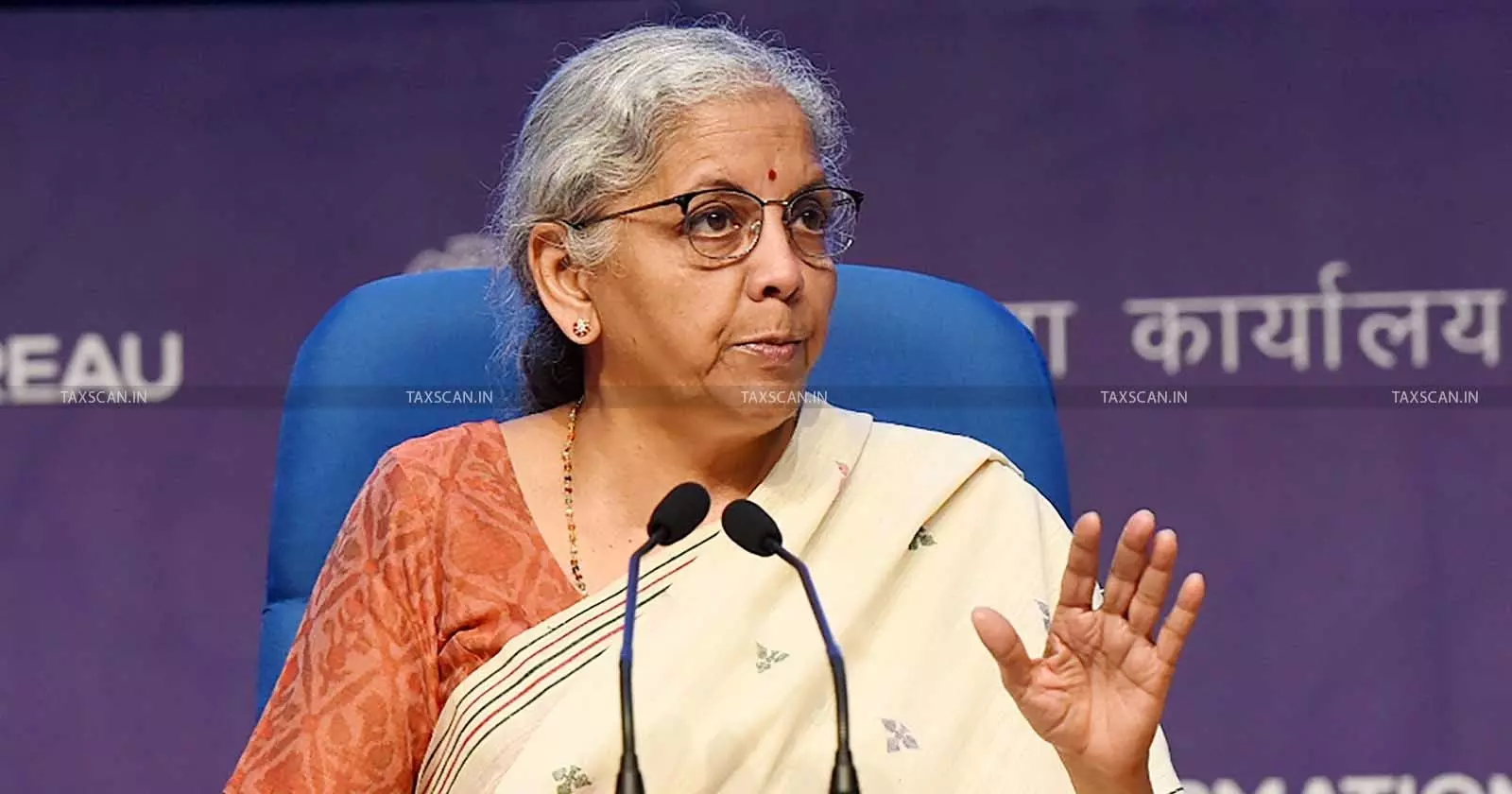FM Nirmala Sitharaman introduces Taxation Laws (Amendment) Bill, 2025 in the Lok Sabha, seeking Changes to existing Income Tax Act and Budget 2025
A centrepiece of the Bill is to align the tax treatment of the government’s new Unified Pension Scheme (UPS) with the National Pension System (NPS)

Finance Minister Nirmala Sitharaman on Monday introduced the Taxation Laws (Amendment) Bill, 2025 in the Lok Sabha, proposing targeted tweaks to India’s direct tax framework, including pension related reliefs, changes to search related “block assessment” rules and explicit tax benefits tied to Saudi Arabia’s sovereign wealth capital.
A centrepiece of the Bill is to align the tax treatment of the government’s new Unified Pension Scheme (UPS) with the National Pension System (NPS). The government formally notified UPS on January 24, 2025, and the pension regulator subsequently issued operational regulations that took effect on April 1, 2025. The Bill moved on Monday is expected to mirror those policy steps in the tax code, clarifying the treatment of lump sum payouts and other UPS flows for subscribers.
Planning smarter for FY 2025–26? Don’t miss this trusted guide used by thousands of tax professionals & CA students! Click here
On the international capital front, the Bill seeks to provide certain direct tax benefits to Saudi Arabia’s Public Investment Fund (PIF) by recognising it (and eligible subsidiaries) under the Income Tax Act’s exempted regime for specified long term investors, a space historically used to attract sovereign wealth and pension fund money into infrastructure and allied assets.
The move follows months of policy signalling around easing entry for Saudi capital, including a parallel decision reported in May to relax foreign portfolio investment aggregation rules for PIF entities to unlock larger equity positions in Indian companies.
The Bill also proposes technical amendments to the “block assessment” regime that applies after tax searches and requisitions, a contentious area that the Finance Act, 2025 had already begun to recast by narrowing the scope to undisclosed income found during searches. Monday’s proposal continues that clean up aimed at clearer timelines and abatement mechanics so that search linked cases proceed on a dedicated track without entangling regular assessments. Optimally, the shift should reduce overlap and litigation by ring fencing search based findings.
For context, the pension changes come as the government beds down UPS as an optional pathway under NPS for Central government employees, with ministries rolling out enrollment and migration instructions through the first half of FY26. Clarifying income tax rules for UPS payouts, especially commuted or lump sum amounts has been a consistent demand to ensure retiree outcomes match policy intent.
Tabling the Bill, the Finance Minister framed the measures as limited, purpose built amendments rather than a rewrite of rates or slabs. That stance is in line with the 2025 budget approach of incremental fixes while the separate, comprehensive Income tax Bill moves on a different legislative track. The amendment bill will now be taken up for discussion in the lower house before moving to the Rajya Sabha.
Support our journalism by subscribing to Taxscan premium. Follow us on Telegram for quick updates


